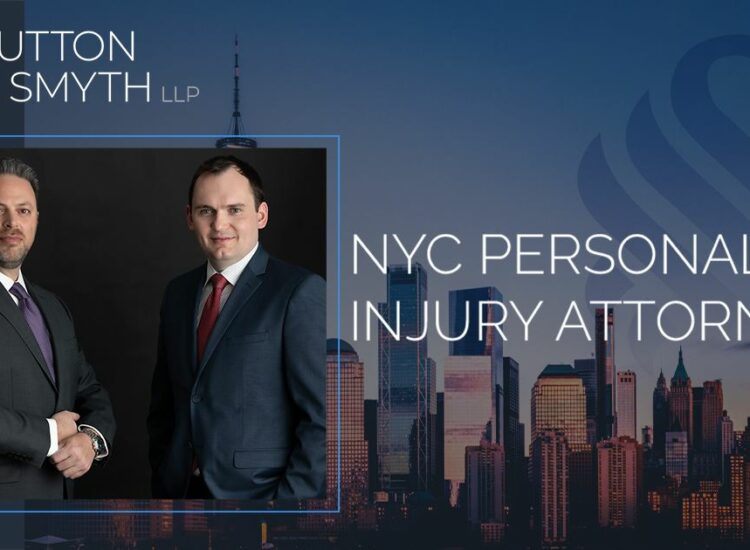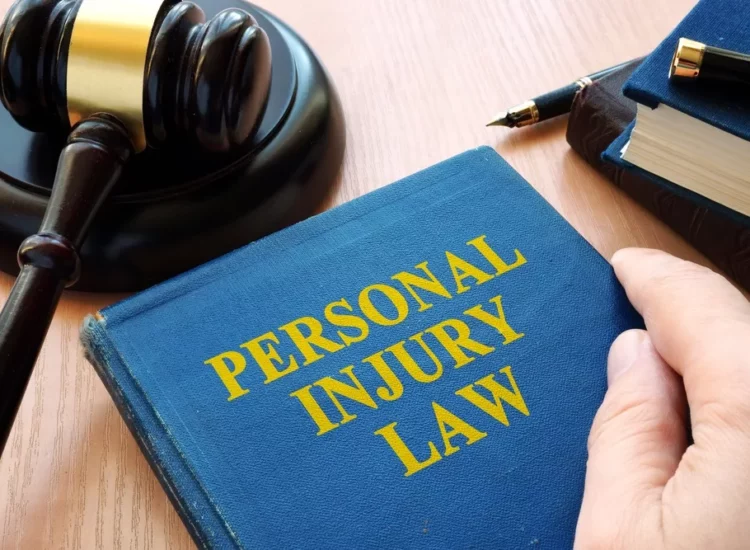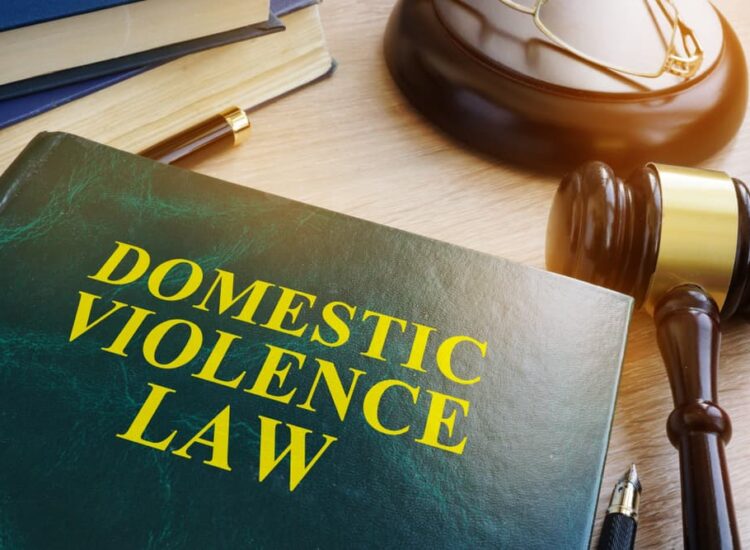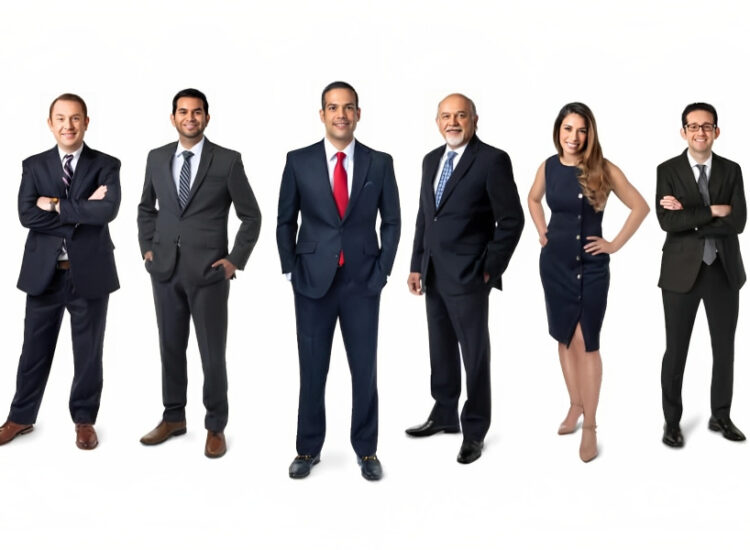You’re facing criminal charges, and the stakes are high. The pursuit of the criminal lawyer best suited for your case is not merely a subjective endeavor it involves critical, objective factors. A lawyer’s specialization, track record, and communication style can dramatically impact the outcome of your case. This comprehensive guide will help you navigate the search for the right legal advocate, ensuring your interests are represented effectively.
Toc
- 1. Understanding Your Needs: Defining the Scope of Your Case
- 2. Finding the criminal lawyer best suited for your case
- 3. Evaluating Potential Lawyers: Key Considerations for a Successful Partnership
- 4. The Initial Consultation: Asking the Right Questions
- 5. Conclusion
- 6. FAQ
- 7. Resources for Finding Legal Assistance
Understanding Your Needs: Defining the Scope of Your Case

Understanding the nature of the charges against you is crucial, as it will determine the potential consequences you face. Criminal offenses can be classified into various categories, each carrying distinct legal implications and potential consequences. Familiarizing yourself with these distinctions can guide you toward a criminal defense attorney who specializes in the type of charge against you.
Factors to Consider When Choosing a Criminal Lawyer
Selecting the right criminal lawyer involves evaluating several key factors. Firstly, consider the lawyer’s area of expertise. Criminal law is a broad field, and lawyers often specialize in specific types of cases, such as fraud, drug offenses, or violent crimes. Matching a lawyer’s specialization with your needs can provide a strategic advantage.
Experience is another critical factor. A lawyer with a proven track record in handling cases similar to yours can navigate the complexities of the legal system more effectively. Look for an attorney with a history of successful outcomes, which often indicates a deep understanding of legal strategies that work.
Communication style is also important. You need a lawyer who can explain legal terms in plain language, keep you informed throughout the process, and listen to your concerns. Effective communication fosters a collaborative relationship, ensuring you’re comfortable and confident with the legal proceedings.
Lastly, consider the lawyer’s reputation and reviews. Client testimonials and peer evaluations can provide valuable insights into a lawyer’s reliability, ethics, and overall performance. An attorney well-regarded by both clients and colleagues is likely to provide quality representation, bolstering your chances of a favorable outcome.
Types of Criminal Charges
- Felonies: These are serious crimes with potential punishments of more than one year in prison. Examples include murder, rape, and armed robbery.
- Misdemeanors: These are less serious offenses with potential punishments of less than one year in prison. Examples include petty theft, disorderly conduct, and DUI.
- Infractions: These are minor offenses with penalties usually limited to fines. Examples include traffic violations and littering.
Moreover, knowing your legal rights, such as the right to remain silent and the right to legal representation, is vital. Exercising these rights can significantly protect your interests and help you avoid potential pitfalls that could jeopardize your case. Engaging a criminal lawyer as early as possible can provide invaluable guidance and ensure your rights are safeguarded from the outset. They can also advise you on the best course of action, such as whether to plead guilty or fight the charges.
Finding the criminal lawyer best suited for your case

Finding the criminal lawyer best suited for your case involves exploring several avenues. Start by seeking referrals from trusted sources, such as friends, family members, or colleagues who have had positive experiences with criminal defense attorneys. Personal recommendations can offer valuable insights into a lawyer’s reputation, communication style, and effectiveness.
Evaluating Potential Lawyers
Once you have a list of potential lawyers from referrals and other sources, it’s crucial to evaluate each one thoroughly to determine if they’re the right fit for you. Start by reviewing their credentials and experience. Visit their websites and review profiles on legal directories to gather information about their background, including their education, years of practice, and areas of specialization.
Scheduling consultations with a few lawyers is often beneficial. Most criminal lawyers offer initial consultations, either for free or for a nominal fee. During these meetings, ask about their experience with cases similar to yours, their success rate, and their strategy for handling your case. Pay attention to their communication style and how comfortable you feel discussing your case with them. This interaction can provide a sense of their professionalism and dedication.
The Importance of Legal Fees and Costs
Another important factor to consider when selecting a criminal lawyer is the cost of their services. Legal fees can vary widely depending on the lawyer’s experience, the complexity of your case, and the region where you are being prosecuted. It’s essential to discuss fees upfront and understand what is included. Some attorneys charge an hourly rate, while others may offer a flat fee for their services. Make sure to inquire about any additional costs, such as court fees, expert witness fees, and administrative expenses.
Understanding the payment structure and any payment plans offered is also crucial. Some lawyers may require a retainer fee, which is an upfront cost to secure their services. Be aware of what you can afford and do not hesitate to discuss your budget constraints openly with potential lawyers. Transparency about costs can prevent unexpected financial stresses later on.
Making Your Decision
After evaluating all the factors – specialization, experience, communication style, reputation, and cost – you are in a better position to make an informed decision. Choose a lawyer who instills confidence and demonstrates a clear understanding of your case and your legal needs. Remember, the right lawyer will not only provide legal expertise but also support you through a challenging time, ensuring your interests are protected throughout the legal process.
Having the best possible legal representation can make a significant difference in the outcome of your case. Therefore, taking the time to carefully select a criminal lawyer tailored to your specific needs is an investment in your future.
Evaluating Potential Lawyers: Key Considerations for a Successful Partnership
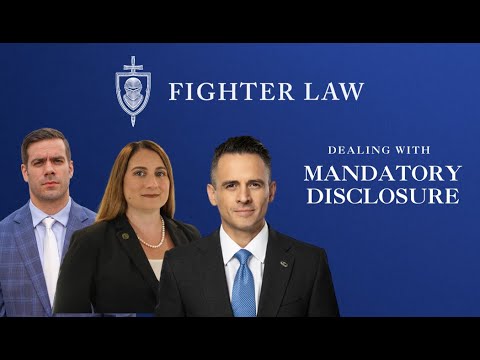
Once you have compiled a list of potential criminal lawyers, it’s time to evaluate their qualifications and suitability for your case. One of the most critical factors to consider is their experience and specialization.
Specialized Expertise
Look for a lawyer with a proven track record in handling cases similar to yours. A specialist in criminal defense will possess a deeper understanding of relevant laws, procedures, and strategies that can be employed to mount a robust defense. For instance, a lawyer specializing in DUI defense will be more adept at navigating the complexities associated with such cases compared to a generalist.
Communication
Pay close attention to the lawyer’s communication style and accessibility. A lawyer’s communication style should be clear, concise, and accessible, allowing you to understand complex legal concepts and feel comfortable discussing your case. Open and honest communication is essential; a good lawyer will proactively keep clients informed about the case progress, answer questions clearly, and explain legal jargon in understandable terms.
Understanding the lawyer’s fee structure and payment options is another crucial consideration. Be clear about the costs associated with their services, including hourly rates, flat fees, or contingency fees. Ensure you have a complete understanding of the financial commitment involved and that the lawyer’s fees align with your budget. Additionally, inquire about any additional fees that may arise, such as court costs or expert witness fees.
Reputation and Reviews
Research the lawyer’s reputation within the legal community and among former clients. Online reviews and testimonials can offer valuable insights into their professionalism, communication style, and track record of success. You can also contact local bar associations or check with state disciplinary boards to determine if any complaints have been filed against the lawyer.
Trust Your Gut
Ultimately, your decision should be based on a combination of factors, including experience, specialization, communication style, reputation, and cost. However, trust your instincts; choose a lawyer you feel confident in and who you believe has your best interests at heart. A strong partnership built on trust and open communication can make a significant difference in the outcome of your case. With thorough evaluation and careful consideration, you can find a criminal lawyer who is the right fit for you.
The Initial Consultation: Asking the Right Questions
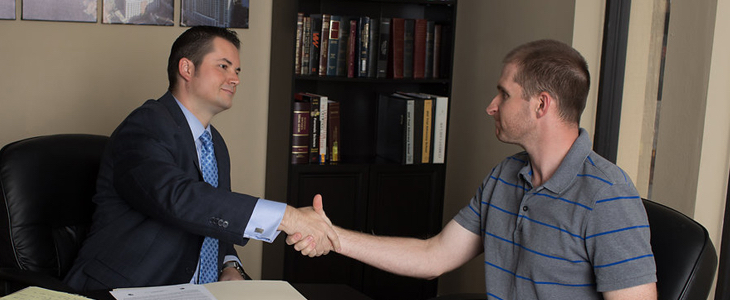
During the initial consultation, it’s important to ask questions that will provide you with a clear understanding of the lawyer’s capabilities and approach. Here are some key questions to consider:
Experience and Background
- How many years have you been practicing criminal law?
- How many cases similar to mine have you handled, and what were the outcomes?
- What is your approach or strategy for a case like mine?
- Do you have experience in the local courts where my case will be heard?
Case Management
- Who will be handling my case: you personally or an associate? If it’s an associate, can I meet with them beforehand?
- How will you keep me informed about the progress of my case?
- What is your policy on returning phone calls and emails?
- How often will we meet to discuss my case?
Fees and Costs
- Can you provide a detailed breakdown of your fees and any additional costs I might incur?
- Do you offer payment plans or require a retainer fee?
- What happens if my case goes to trial? Will there be additional costs?
Outcomes and Expectations
- What are the potential outcomes for my case, and how likely is each outcome?
- What are the strengths and weaknesses of my case?
- What steps can I take to improve my chances of a favorable outcome?
Personal Chemistry
Finally, consider how comfortable you feel with the lawyer during the consultation. Trust your instincts: if you feel confident and understood, that is a good sign.
Conclusion
Choosing the right criminal lawyer is a critical step in navigating the complexities of the legal system. By evaluating lawyers based on their experience, specialization, communication style, fee structure, and reputation, and by asking insightful questions during your initial consultation, you can make an informed decision. Remember, the goal is to find a lawyer who not only possesses the necessary legal expertise but also connects with you on a personal level, ensuring you feel supported and confident throughout the legal process. This thoughtful approach will help you secure the best possible legal representation, ultimately contributing to a more favorable outcome for your case.
FAQ
Q: What if I can’t afford a lawyer?
A: If you’re facing criminal charges and can’t afford legal representation, you have the right to a court-appointed attorney. Contact the court or a legal aid organization to learn more about your options.
Q: What should I do if I’m being investigated by the police?
A: If you’re being investigated, it’s crucial to remain silent and contact a lawyer immediately. An attorney can advise you on your rights and help protect you from making any statements that could harm your case.
Q: How do plea bargains work?
A: A plea bargain is an agreement between the prosecution and the defendant where the defendant pleads guilty to a lesser charge or agrees to a reduced sentence in exchange for dropping or reducing the original charges.
Q: What happens if I’m found guilty at trial?
A: If you’re found guilty at trial, you may face various penalties, including fines, probation, or imprisonment. The specific sentence will depend on the nature of the crime and your criminal history.
Resources for Finding Legal Assistance
If you’re facing criminal charges and need legal assistance, there are various resources available to help you find the right lawyer:
Online Legal Directories
Websites like Avvo, Martindale-Hubbell, and the American Bar Association offer searchable databases of lawyers based on their location, practice area, and client reviews. These directories often provide detailed profiles, including the lawyer’s experience, education, and contact information.
Local Bar Associations
Your local bar association can be an excellent resource for finding qualified criminal lawyers. Many bar associations offer referral services, which can match you with a lawyer based on your specific legal needs and financial situation.
Legal Aid Organizations
If you cannot afford a private attorney, seek out legal aid organizations in your area. These non-profit organizations provide free or low-cost legal services to individuals who meet certain income requirements. Examples include the Legal Services Corporation and various state-specific entities.
Personal Recommendations
Ask friends, family members, or colleagues for recommendations if they have had positive experiences with criminal lawyers. Personal referrals can offer valuable insights into a lawyer’s communication style, effectiveness, and overall approach.
Public Defender’s Office
If you are facing serious charges and cannot afford an attorney, you might be eligible for representation by a public defender. Public defenders are experienced in criminal law and are familiar with the local court system.
By leveraging these resources, you can find a lawyer who is well-equipped to handle your case and provide the support you need during a challenging time.

